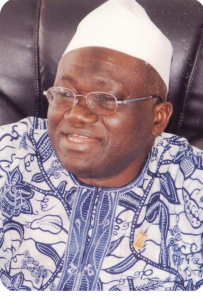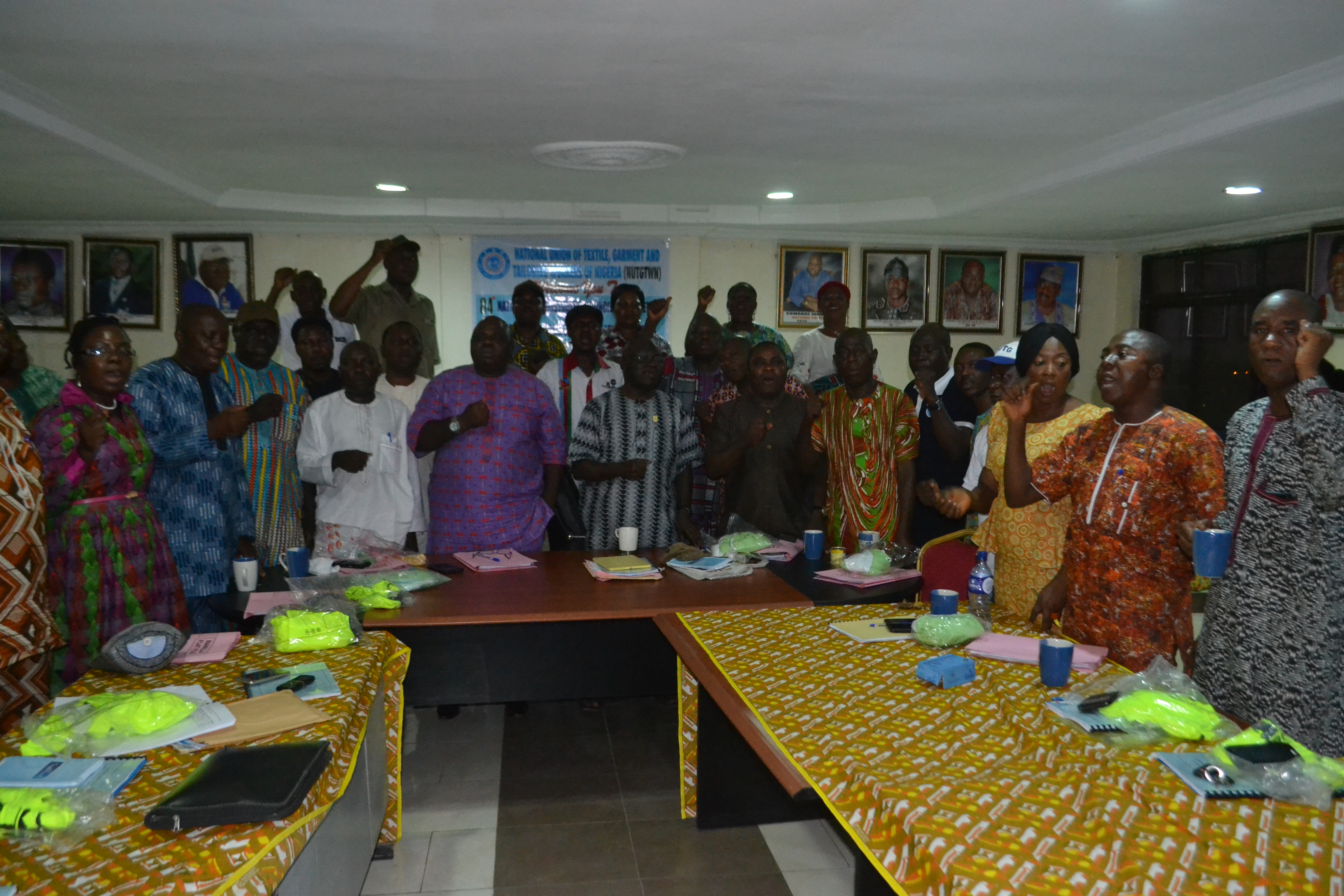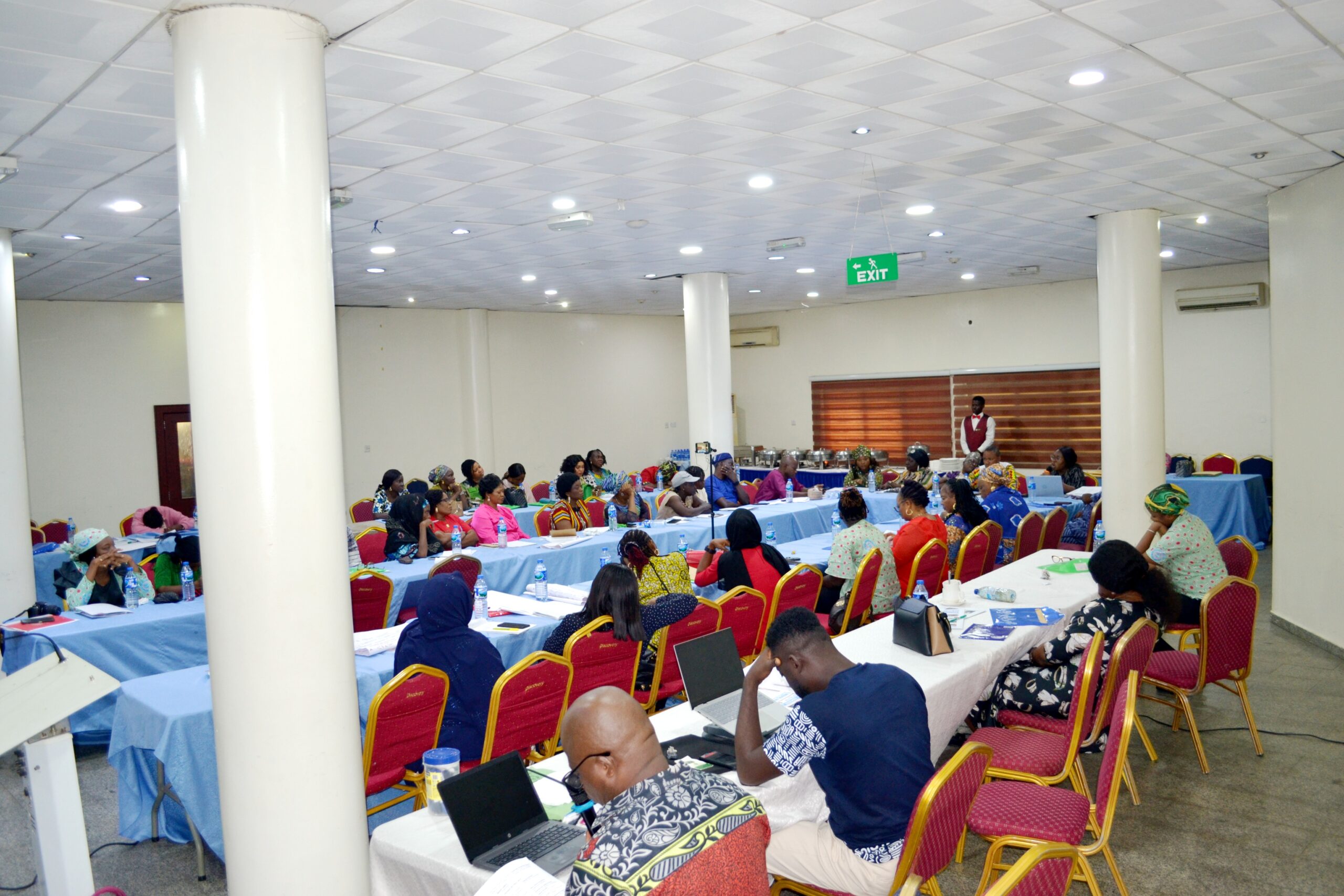

President Muhammadu Buhari is expected to address the Beijing Summit of the Forum on China-Africa Cooperation (FOCAC) in China, which opens next week.
The summit is themed, “China and Africa: Toward an Even Stronger Community with a Shared Future through Win-Win Cooperation.” The last summit was held in December 2015 in Johannesburg, South Africa, where the Chinese President Xi Jinping announced $60 billion funding support for infrastructural development in Africa. Will the president use the occasion of the summit to address what yours comradely long tagged the “widening gap between China and Nigeria?”
Notwithstanding the distance and geography, Nigeria and China share significant traits worthy of acknowledgement. In terms of population, the two are giants in their own rights. With a population of 1.5 billion (official 1.3 billion) China is the largest in the world. Conversely, Nigeria with estimated population of 200 million people is the largest concentration of black people in the world. In fact, one of every two Asians is a Chinese, while one in every three persons in Africa is a Nigerian. Nigeria’s population is as diverse as China’s in terms of languages, cultures and religions. The two countries also boast of remarkable resource endowment and whatever the parameters, the two are regional powers, with China as actual power no less than Nigeria still more of a potential power.
This is however where the similarities stop. Until recently the two shared common brand-name of “third world” countries but today, the world witnessed China’s unprecedented race to the top while Nigeria had a free fall to the bottom of development index. China sustained unprecedented 10 per cent growth rate in the 90s while Nigeria recorded double digit negative growth rate during the period. Between 1990 and 2000, China uplifted as many as 200 million out of poverty while in Nigeria 70 per cent of that population were pushed from prosperity into poverty in Nigeria. China promotes job-led growth while Nigeria’s is jobless growth.
Paradoxically, Sino-Nigeria bilateral relations are long dated. Yet development observers have never imagined that the gap between two friendly nations would be widening with age. As a matter of fact, China has benefited more from the relations that started with formal diplomatic ties in February 10 1971 as much as Nigeria has recorded losses in quantitative and qualitative terms. Put in development language, Nigeria keeps paying the China price, while China remains a smart price taker. It is bad enough that the balance of trade has always been in favour of China but worse that the quality of this trade more than the quantity under develops Nigeria. Dumped substandard goods from China are the rule than exception judging by the discoveries of both National Agency for Food and Drug Administration and Control (NAFDAC) and Standards Organisation of Nigeria (SON).
Thanks to President Buhari for turning the past railway refurbishing scam under Abacha dictatorship to commendable Railway revival of recent times. However, the point cannot be understated that Nigerian dependency persists notwithstanding the fact that Buhari government had turned around the dark side of Sino-Nigeria relations with Nigerian side’s preference for greed and corruption. Please don’t get me wrong.
The issue here is not that China is a bad player and Nigeria a victim of unfair relations. The issue is that while China is development conscious, Nigeria is development-shy and at worse anti-development in orientation and policy formulation. In the seventies, the relations were mutually benefiting. For instance, China and Chinese businesses were eager to set up factories especially in textile sub-sector while Nigeria was eager to provide enabling environment such as protection of domestic market, power and water supply, with a view of providing jobs in the labour-intensive industry.
However from late eighties, while China kept to development dogma, Nigeria infested with Dutch disease occasioned by cheap oil money preferred import to domestic production with all the attendant policy summersault. The result is that today in place of Chinese factories producing and employment millions of Nigeria, we now have China dumping sites called markets with cheap goods amidst factory closures and mass unemployment.
Thus the critical issue in the widening gap between Nigeria and China lies in the parallel roads to development in the two different countries. In his celebrated book, Globalization and Its Discontents, winner of Nobel Prize in Economics, Joseph Stiglitz shows that the miracle of China lies in good governance, public-private sector partnership and a genuine home-driven policy agenda as opposed to branded neo-liberal IMF/World Bank policies contained in the notorious Washington Consensus. China promotes the state-led gradualist reform agenda with remarkable social protection for mass of potential losers as opposed to Nigeria’s type “shock-therapy” reform in which few winners are indulged while the mass of losers are left bare. China did not pursue doctrinaire privatization policy but encouraged state enterprises side by side with private enterprises with the eye on value adding activities, employment creation and inclusive development.
It is commendable that Central Bank of Nigeria (CBN) had finally consummated an historic $2.5 billion bilateral currency swap agreement with the Peoples Bank of China (PBoC) aimed at easing foreign exchange currency liquidity in the economy. Foreign exchange availability to fund Nigeria’s dependent economy remains a critical success factor in national development. But the fiscal authorities and trade and investment ministries must now ensure that the ease of transactions promotes domestic production, (not the same criminal frivolous consumption of at time fake products from China).
The deal must also foster employment generation as contained in the Economic Recovery and Growth Plan (ERGP). The critical issue is that beyond trade agreements and protocols Nigerian leaders must learn about the great transformation of China and turn the existing disadvantages in relations to opportunities for development.








